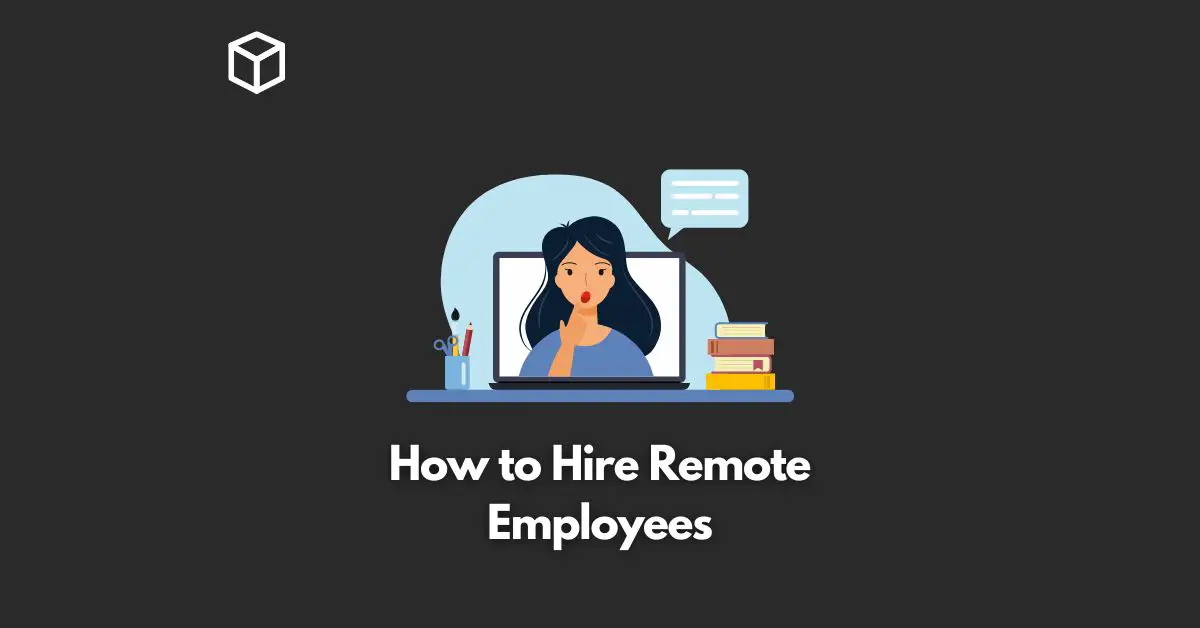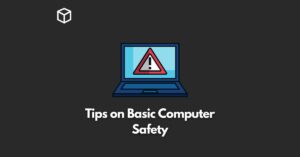As the world continues to adjust and adapt to the current market changes, many businesses are faced with a novel challenge – hiring remote employees.
The hiring process, traditionally performed in-person, now must navigate the nuances of remote hiring.
Yet, even as it poses its challenges, hiring remotely also uncovers a myriad of benefits and opportunities.
The Rising Trend of Remote Hiring
Many forward-thinking companies have been incorporating remote hiring practices long before the pandemic made it a necessity.
They have recognized the potential of this trend to increase the talent pool and create more diversified teams.
Adopting the strategies of these companies can propel your team towards success in the current year and beyond.
The Business Case for Remote Hiring
Going beyond merely adapting to the circumstances, hiring remote employees provides tangible benefits to both businesses and job seekers.
Access to Global Talent
With the constraint of geographical location removed, remote hiring opens up the entire world as your talent pool.
You are no longer limited to candidates in your immediate vicinity.
This is particularly beneficial if you require a professional with specific knowledge about a different city or country.
Significant Cost Savings
Remote hiring brings substantial savings for both the employee and the employer.
According to USA Today, employees working from home can save approximately $4,000 a year on commuting costs, lunches and professional clothing.
For the company, savings can go up to $10,000 per employee on expenses such as office space, real estate and physical job perks.
Higher Job Satisfaction
Long-term retention becomes more achievable with remote hiring.
One major factor is the elimination of commuting. A large number of employees would change jobs for a better commute.
Remote working provides the best possible commute – from the bedroom to the home office.
Strategies for Effective Remote Hiring
Remote hiring, much like in-person hiring, should be efficient and hassle-free for all involved. Here are some strategies to ensure effective remote hiring:
Defining Job Requirements
Have a clear understanding of the role you’re hiring for. Review similar job listings on platforms like Monster or LinkedIn for insights and to ensure you haven’t missed out on any essential requirements.
Searching in the Right Places
To narrow down potential employees, consider using LinkedIn Premium’s Recruiter option or posting job listings on platforms such as Toptal.com and Upwork.com.
Verifying Credentials
Keyword search the candidate’s resume for top business associations or concrete statistics that show proven growth from campaigns they’ve personally led.
Preparing for Remote Interviews
Create a comprehensive list of questions that cover the candidate’s personality, background and skillset. Also, consider the candidate’s timezone if your company hosts many social media events.
Respecting the Candidate’s Time
Ensure you respect the candidate’s time by being punctual, choosing convenient meeting times and having a meeting outline ready. Avoid asking questions that can be answered from their resume or LinkedIn profile.
Crafted Interview Questions for Remote Workers
The remote interview process should be designed to effectively gauge the candidate’s suitability for remote work. Here are some crucial questions to ask:
- What is your experience with remote work and how do you manage large projects remotely?
- Can you recount a time when you implemented a unique business strategy that was successful?
- How would you handle pandemic-related issues within our business strategy?
- Which skills listed in the job description do you believe you can improve upon and how do you plan on doing so?
- What productivity hacks do you use to stay focused while working remotely?
- Which tools or resources do you use to keep up-to-date with business trends?
- How do you handle remote communication, collaboration and disagreements with coworkers?
- What changes would you suggest for our current business approach?
- How much direction do you need from management? Do you prefer constant feedback or minimal supervision?
Tips for Effective Remote Interviews
Beyond a reliable internet connection and secure video chat platform, here are some pointers for conducting effective remote interviews:
Gauge Their Enthusiasm
Pay attention to their passion and whether it aligns with your team’s priorities.
Dive Into Their Past Experiences
Explore their past positions and learnings from those roles. This will give you an insight into their problem-solving skills and their potential contribution to your company.
Discuss Their Views on Business
Ask them about their views on business trends in light of the pandemic.
Their responses will shed light on their adaptability and forward-thinking attitude.
In conclusion, the rise of remote work is not merely a temporary solution to current circumstances, but an evolving trend that carries significant benefits for businesses.
By adopting strategic and thoughtful practices, companies can leverage remote hiring to build a strong, diversified and globally talented team.




